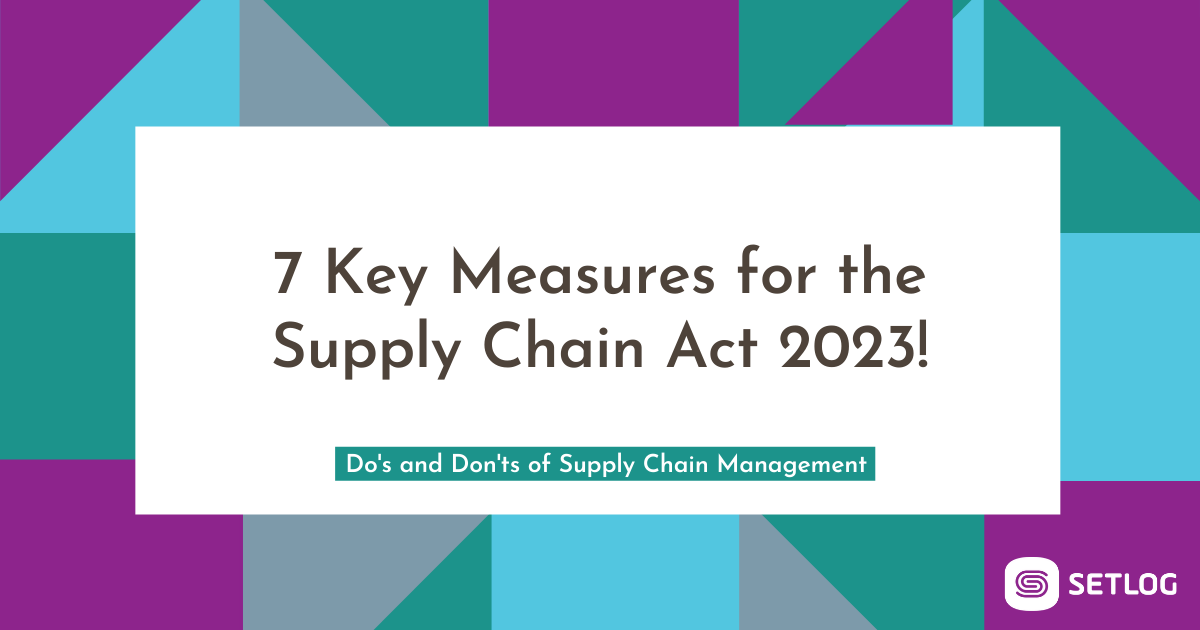The Supply Chain Act, which took its first shape in the UN Human Rights Council in 2011, has now been passed by the German parliament in June 2021. This decision was preceded by many critical discussions.
“The Supply Chain Act is important because we should not continue to build our prosperity on poverty and human rights violations. Anyone who trades and manufactures globally cannot hold back when it comes to respecting human rights,” emphasized Hubertus Heil, Federal Minister of Labor and Social Affairs, and Gerd Müller, Federal Minister for Economic Cooperation and Development.
It was undisputed from the beginning that the avoidance of human rights violations and child labor, along with measures to protect the environment and the assurance of living wages in production countries, are just as essentially anchored in this law as risk assessment and transparency in all measures taken.
This, in addition to the previous measures, was also adopted:
- The responsibility extends to the entire supply chain, and thus breaks down to the companies’ ability to influence all parts thereof.
- Companies have the obligation to implement within their own business area and ensure direct suppliers comply as well.
- Third-party suppliers are to be included as soon as the company has substantial knowledge of human rights violations at this level.
- In 2023, the law will apply to companies with 3,000 employees, and from 2024 to companies with 1,000 employees. The number of employees will also include employees who have been sent abroad.
- Foreign companies with branches and/or subsidiaries in Germany will also be included.
- Companies cannot be held liable under civil law beyond the existing regulations.
- Environmental protection concerns have been expanded to include aspects relating to waste trade.
The Federal Office of Economics and Export Control, supported by an advisory board, will be responsible for monitoring the law. These institutions will also check that countermeasures have been initiated and that complaints offices have been set up for those affected within the prescribed framework.
The German government will also develop an advisory service and a series of workshops for all affected companies to facilitate implementation.
The fact that an agreement has now been reached between politicians and industry shows that these measures are seen as necessary and important by everyone.
